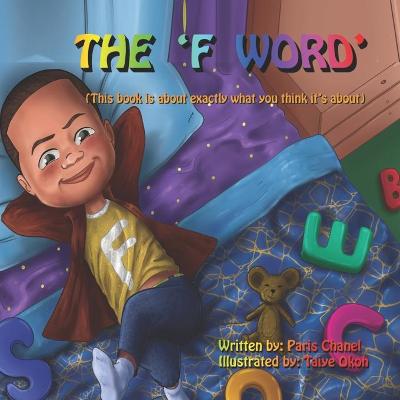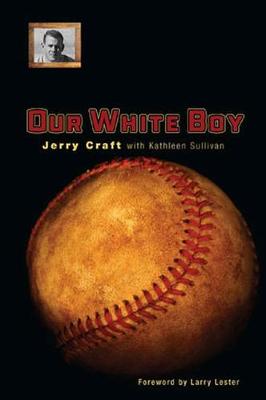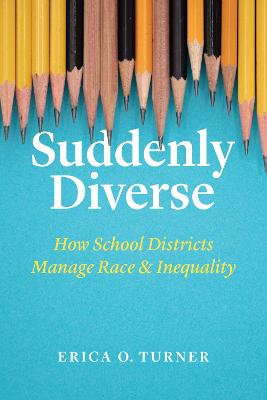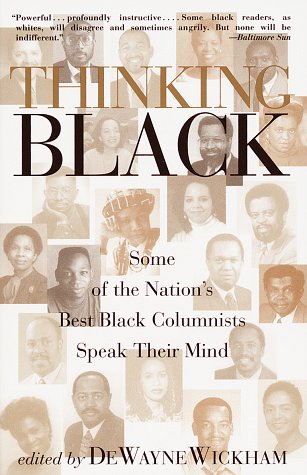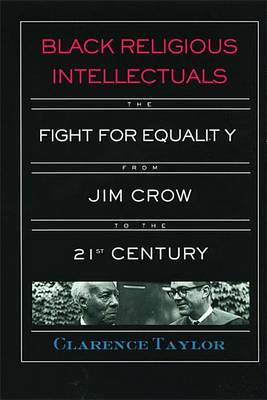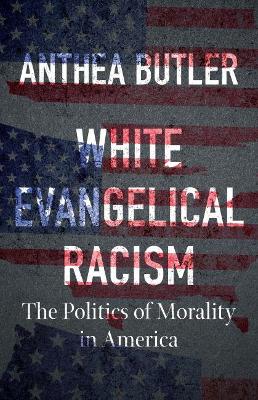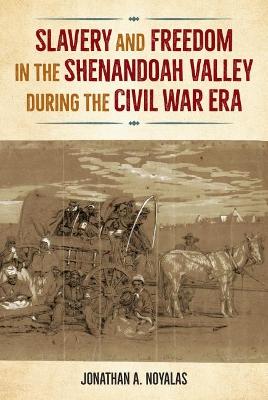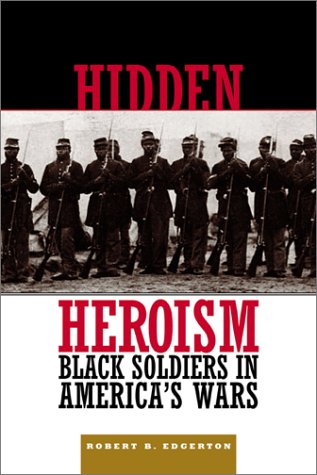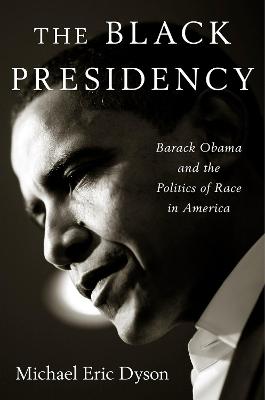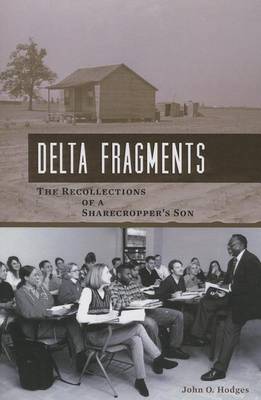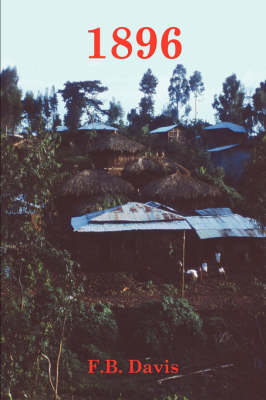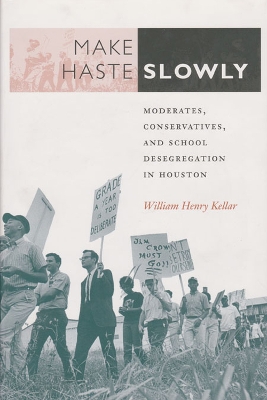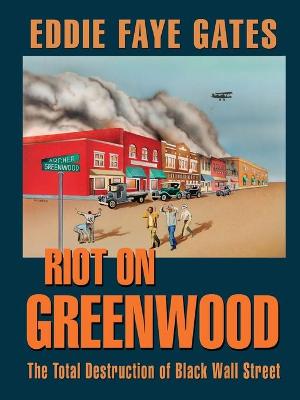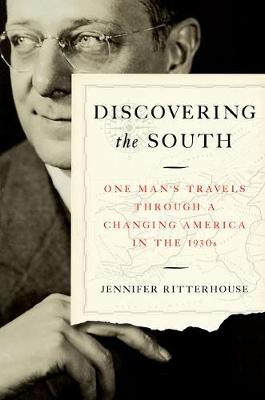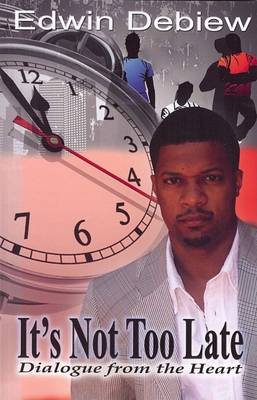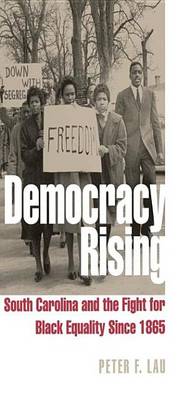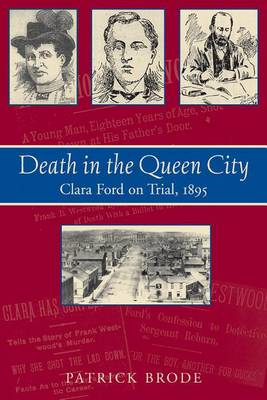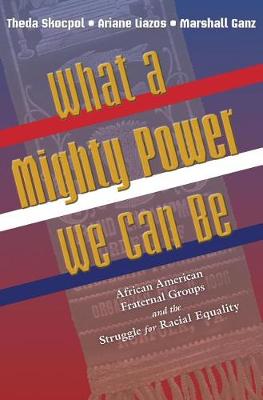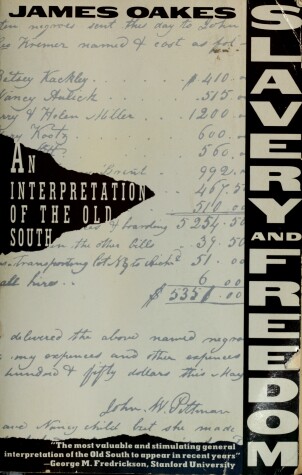In the Jim Crow South, is an inspiring story of 'Jackie Robinson in reverse'. At the outset of summer break in 1959, Texas Tech senior Jerry Craft had no more enticing options than to stay home and help on the family ranch-so the telephoned offer to play for a semipro baseball club he'd never heard of came as a welcome surprise. But Craft was in for an even bigger surprise when he reported for tryout and discovered he'd been recruited for the West Texas Colored League. Wichita Falls/Graham Stars...
For the past five years, American public schools have enrolled more students identified as Black, Latinx, American Indian, and Asian than white. At the same time, more than half of US school children now qualify for federally subsidized meals, a marker of poverty. The makeup of schools is rapidly changing, and many districts and school boards are at a loss as to how they can effectively and equitably handle these shifts. Suddenly Diverse is an ethnographic account of two school districts in the...
Black Religious Intellectuals (Crosscurrents in African American History)
by Clarence Taylor
Professor Clarence Taylor sheds some much-needed light on the rich intellectual and political tradition that lies in the black religious community. From the Pentecostalism of Bishop Smallwood Williams and the flamboyant leadership of the Reverend Al Sharpton, to the radical Presbyterianism of Milton Arthur Galamison and the controversial and mass-mobilization by Minister Louis Farrakhan, black religious leaders have figured prominently in the struggle for social equality in America.
The American political scene today is poisonously divided, and the vast majority of white evangelicals plays a strikingly unified, powerful role in the disunion. These evangelicals raise a starkly consequential question for electoral politics: Why do they claim morality while supporting politicians who act immorally by most Christian measures? In this clear-eyed, hard-hitting chronicle of American religion and politics, Anthea Butler answers that racism is at the core of conservative evangelical...
Slavery and Freedom in the Shenandoah Valley during the Civil War Era (Southern Dissent)
by Jonathan A Noyalas
This book examines the complexities of life for African Americans in Virginia's Shenandoah Valley from the antebellum period through Reconstruction. Although the Valley was a site of fierce conflicts during the Civil War and its military activity has been extensively studied, scholars have largely ignored the Black experience in the region until now.Correcting previous assumptions that slavery was not important to the Valley, and that enslaved people were treated better here than in other parts...
Hidden Heroism
An accessible and well-informed tour through a little-known, important aspect of race in American history.. In Hidden Heroism , Robert Edgerton investigates the history of Afro-American participation in American wars, from the French and Indian War to the present. He argues that blacks in American society have long-suffered from a "natural coward" stereotype that is implicit in the racism propagated from America's earliest days, and often intensified as blacks slowly received freedom in Americ...
Billie Holiday singing at the New Orleans Swing Club. Dexter Gordon hanging out at Bop City. Dizzy Gillespie, Lionel Hampton, Charlie Parker, John Coltrane all swinging through for gigs. Was this slice of jazz history in New York or perhaps New Orleans? No, this was San Francisco's Fillmore District in its heyday. The Fillmore in the 1940's and 1950's was an eclectic, integrated and hopping neighborhood of streets full of restaurants, pool halls, theaters and stores - many minority-owned - and b...
The son of black sharecroppers, John Oliver Hodges attended segregated schools in Greenwood, Mississippi, in the 1950s and '60s, worked in plantation cotton fields, and eventually left the region to earn multiple degrees and become a tenured university professor. Both poignant and thought provoking, Delta Fragments is Hodges's autobiographical journey back to the land of his birth. Brimming with vivid memories of family life, childhood friendships, the quest for knowledge, and the often brutal i...
Together Let Us Sweetly Live offers a rare look at the unique grassroots African American religious institutions called the Singing and Praying Bands. This folksong and ring shout tradition began in Chesapeake Bay country in the early nineteenth century, with a fusion of Methodist prayer meeting worship and African religious, danced song traditions. Although scholars have assumed ring shouts died out long ago, Jonathan C. David shows otherwise, ushering us inside tidewater communities of Marylan...
Make Haste Slowly (Centennial Series of the Association of Former Students, Texas A&M University)
by William Henry Kellar
When faced by the Court-ordered "all deliberate speed" time frame for school desegregation, a fearful Houston school board member urged the city to "make haste slowly," in order for the school system to receive decisions based on sound judgment and discretion. Houston, Texas, had what may have been the largest racially segregated "Jim Crow" public school system in the United States when the Supreme Court declared the practice unconstitutional in 1954. Ultimately, helped by members of its busines...
In the summer of 1937, Jonathan Daniels, the young, white, liberal-minded editor of the Raleigh News and Observer, took a ten-state driving tour to ""discover"" his native land. He thought the true South lay somewhere between Erskine Caldwell's Tobacco Road and Margaret Mitchell's Gone with the Wind, and he set out to find it--ultimately interviewing even Mitchell herself. In Discovering the South historian Jennifer Ritterhouse pieces together Daniels's unpublished notes from his tour along wit...
The arson attacks in early 2006 on a number of small Baptist churches in rural Alabama recalled the rash of burnings at dozens of predominantly black houses of worship in the South during the mid-1990s. One of the churches struck by probable arson in 1996 was Little Zion Baptist Church in Boligee, Alabama. This book draws on the voices and memories of church members to share a previously undocumented history of Little Zion, from its beginnings as a brush arbor around the time of emancipation, to...
Now back in print! The ""major"" minor American humorist of the early nineteenth century.
The Civil Rights Movement warrants continuing and extensive examination. The six papers in this collection, each supplemented by a follow-up assessment, contribute to a clearer perception of what caused and motivated the movement, of how it functioned, of the changes that occurred within it, and of its accomplishments and shortcomings. Its profound effect upon modern America has so greatly changed relations between the races that C. Vann Woodward has called it the ""second revolution.""In a limi...
Democracy Rising (Civil Rights and the Struggle for Black Equality in the Twentieth Century)
by Peter F Lau
Originally published in 1940, Stuart's first novel introduced his reader to one of the most unforgettable characters of American literature--Boliver Tussie, the hard-drinking, happy-go-lucky squatter who works just enough to get by.
What a Mighty Power We Can Be (Princeton Studies in American Politics: Historical, Internat, #169)
by Theda Skocpol, Ariane Liazos, and Marshall Ganz
This pathbreaking interpretation of the slaveholding South begins with the insight that slavery and freedom were not mutually exclusive but were intertwined in every dimension of life in the South. James Oakes traces the implications of this insight for relations between masters and slaves, slaveholders and non-slaveholders, and for the rise of a racist ideology.
